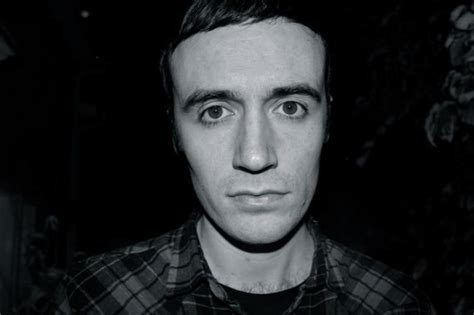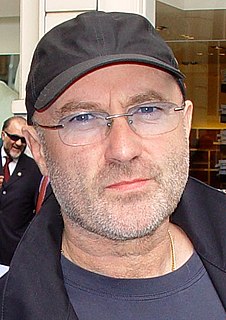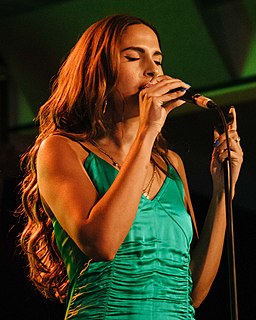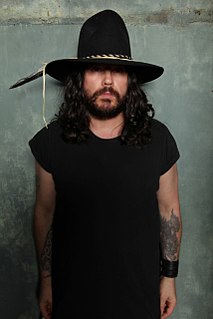A Quote by Daniel O'Sullivan
We met [with Massimo Pupillo] many years ago in the halcyon days of the underground avant-prog math-rock scene when I was playing in Guapo.
Related Quotes
The avant-garde has always existed throughout the history of mankind. The good things from the avant-garde last and eventually, after many years, become tradition and people forget they were ever part of the avant-garde. The kitchen is a living discipline, always evolving, and there will always be cutting edge things that over the years, ends up being part of tradition.
I also think within the scene, a specific scene - if I were to play a part that I played 10 years ago now, my interpretation of that scene would be totally different. I would be making different choices. Because I can't somehow subtract all of the experiences that I've had in my life. And it's fascinating to see, because somewhere I'm very reflective in that. You know, I've been playing basically actually close to 40 years old, so I'm somewhere lost in age in this movie. But it's been fascinating to see that I can't subtract that time.





























